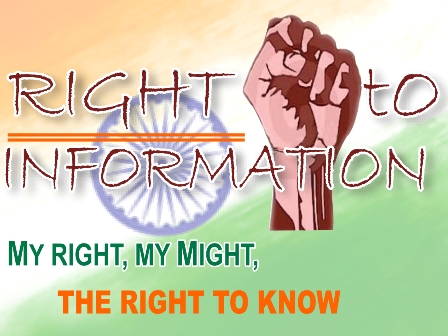RTI Bill taken through second reading in parliament
 The Right to Information (RTI) Bill has been taken through the second reading in Parliament for the House to adopt and later pass into law.
The Right to Information (RTI) Bill has been taken through the second reading in Parliament for the House to adopt and later pass into law.
Various attempts have been made in the past to pass the bill into law to give effect to Article 21 (1) (f) of the 1992 Constitution.
Mr Ben Abdallah Banda, Chairman of the Committee on Constitutional, Legal and Parliamentary Affairs who presented the Committee’s report stated that the objective of the bill was to enhance access to information from public and some private institutions in ensuring transparency and accountability and for contributing towards the fight against corruption in the country.
The joint committees on Communication and Constitutional, Legal and Parliamentary Affairs worked on the bill which had been moving in and out of parliament over the years.
Mr Abdallah Banda also explained that the RTI bill gave the right to individuals to access information held by public and some private institutions, however it did not apply to information already held in archives, museums and libraries.
He said the bill also detailed the procedure by which information held by certain private sector entities could be accessed and a provision had been made in the bill to allow for a legislative instrument to prescribe the scope of access to information.
Mr Banda also noted that the Bill exempted certain category of information from being disclosed.
Among the exempt classes of information are those prepared for submission to the President, the Vice President and Cabinet.
Other exemptions include; those relating to law enforcement and public safety, international relations, defence and security of the state and the personal information of individuals.
He said all public institutions would be required by the law to appoint a focal person to facilitate the implementation of the Act.
He said designated information officers are required to receive application from the public seeking information from public institutions and an information officer who refuses or neglects to perform any of such functions under the law commits a gross misconduct.
Mr Banda further noted that the bill seeks to establish a Right to Information Commission which would be an independent entity to monitor the implementation of the RTI in Ghana and the commission would also have the responsibility to promote and sensitise the public on their constitutional right to information.
Alhaji Inusah Fuseini, Ranking Member on Constitutional, Legal and Parliamentary Affairs in his contribution dispelled the fears of civil society groups who raised concerns about the exemptions that had been made in the bill.
He assured them that clause 17 of the bill was there to take care of the concerns raised by the civil society groups and therefore called on members to make relevant inputs into the amendment of the bill before it is finally passed into law.
Source: GNA
